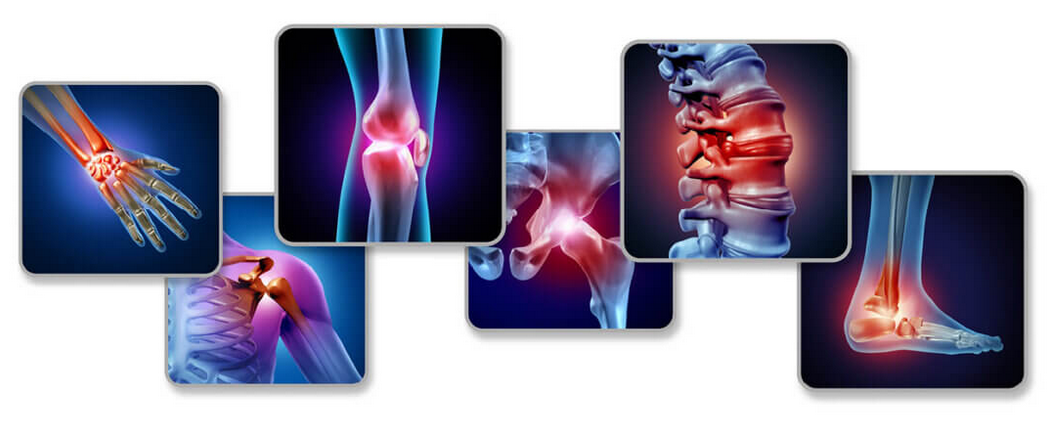Fibromyalgia is a chronic health condition where patients experience widespread body pain with fatigue and other associated symptoms like mood changes, anxiety and sleep disturbances. Patients complain of widespread or whole body pain. Many patients have associated tension headache, migraine, jaw pain (temporomandibular joint), irritable bowel syndrome, anxiety and depression.

Typically, it affects women more than men. The disease can be seen at any age but it’s very common in 30’s to 50’s.
Manifestation of Fibromyalgia
The typical symptoms of fibromyalgia are:
- Chronic, widespread pain throughout the body and even at multiple sites. One typically feels pain in the arms, legs, neck, chest, abdomen, back, buttocks and outer thighs. People often describe it as aching, burning, or throbbing.
- Fatigue or feeling of being tired.
- Patients find it difficult to get a good sleep.
Other associated symptoms may include:
- Muscle and joint stiffness.
- Excess Tenderness to touch or increased pain to normal pressure.
- Numbness or tingling in the arms and legs.
- Digestive issues, such as bloating or constipation.
- Jaw pain, migraine or headache
- Psychological stress, anxiety and even depression
Diagnosis
Fibromyalgia is a diagnosis of exclusion. Typically tests for rheumatism, spondylosis, slip disc, arthritis, inflammatory or systemic conditions are ruled out by blood and radiological tests.
Cause of Fibromyalgia
The exact of cause of fibromyalgia is not known, but studies have shown that people with this disorder have increased sensitivity to pain, so they feel pain when others do not. Brain imaging studies like functional MRI and other research have demonstrated that altered signaling in neural and pain pathways in people with fibromyalgia. This is called peripheral or central sensitization of neural pathway. The chemicals that transmit the pain signal are altered in this patients. These changes may also contribute to the fatigue, sleep disturbances, and cognitive problems that many people with the disorder experience.
Fibromyalgia tends to run in families, so genetic factors are likely to contribute to the disorder. There is some evidence that environmental factors also play a role in a person’s risk of developing the disorder.
Treatment
- Medical management- Pain killers like anti-inflammatory medicines, weak opioids and muscle relaxants help in acute pain episodes whereas most patients benefit from neuropathic and antidepressant medications like pregabalin, duloxetine, amitryptiline and SSRI. These can be taken for a very long period of time.
- Yoga, Meditation, Mindfulness, Relaxation, coping, Aqua therapy and daily exercise form the mainstay of treatment. There is good evidence of benefit from psychological counselling and interventions like CBT, mindful based therapy. Patient counselling and education is very important as patients should realize that they are normal and have to cope and manage with pain taking medications and other complimentary therapy.
- Infusion therapy- Ketamine, Lidocaine and Magnesium may help in patients with hyperalgesia and severe muscle pain.

